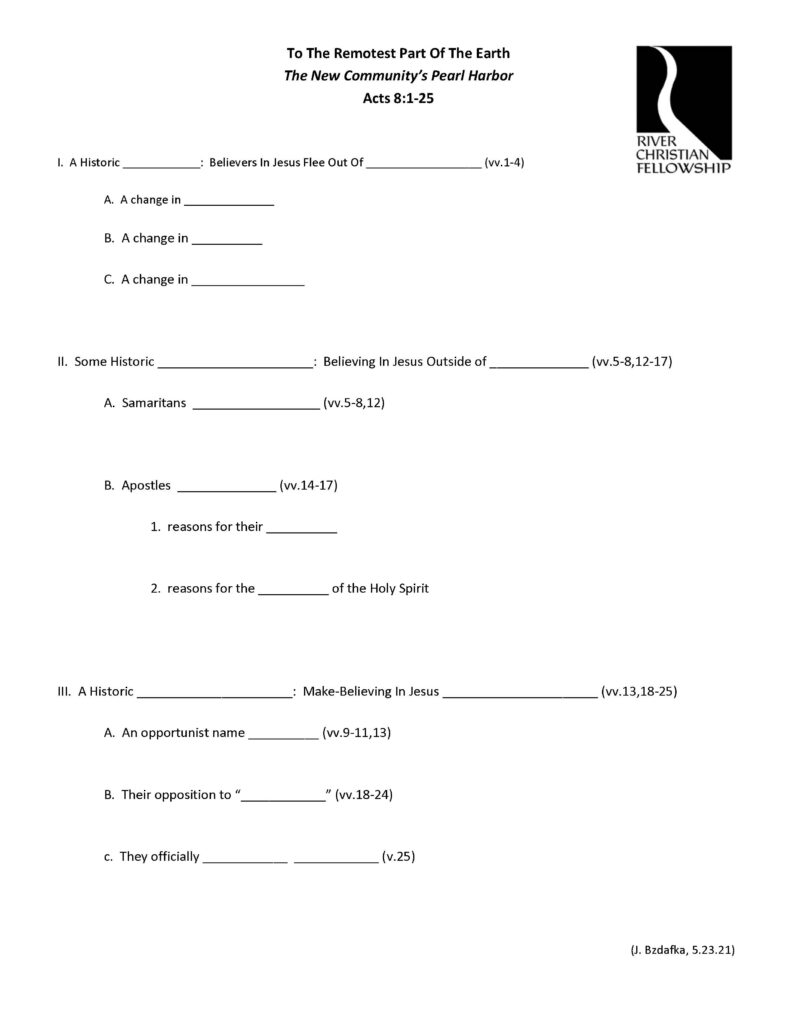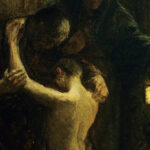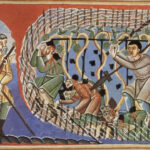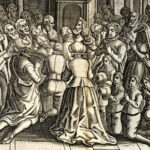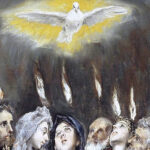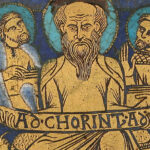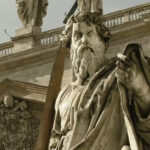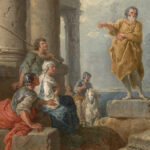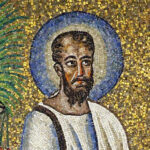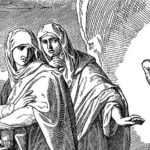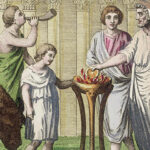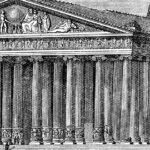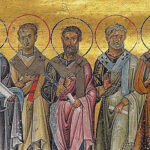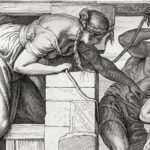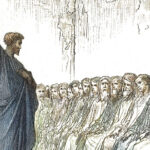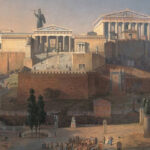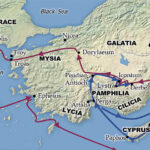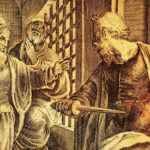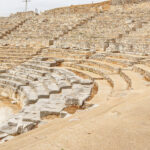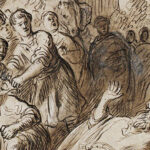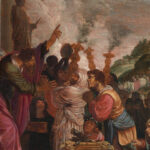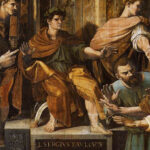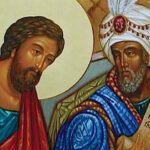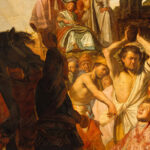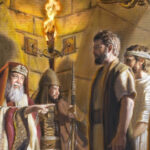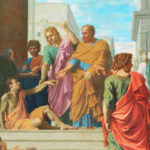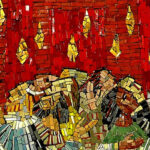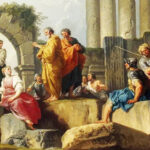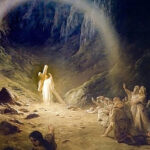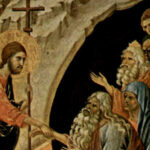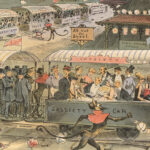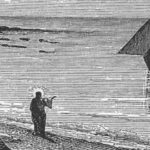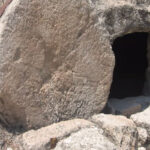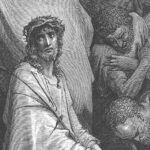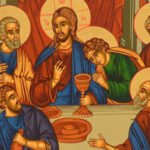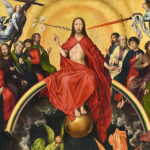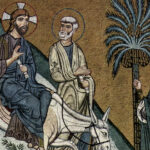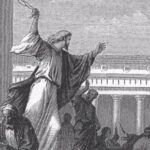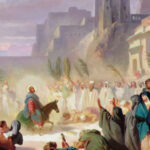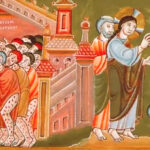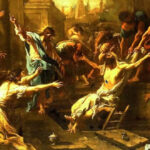WEBCAST –
Dear RCF Sisters and Brothers,
After Stephen was martyred and persecution came to the new community of Jesus followers in Jerusalem, I wonder how many of them said to each other, “You know, God is going to bring good out of this”? As they were being dragged out of their houses and into prison do you think that any of them said to the Temple’s military police, “You guys meant this for evil, but God means this for good.” While they awaited their trials did they assuage their fears by stating, “…God causes all things to work together for good to those who love God, to those who are called according to His purpose”? If these new believers were anything like most of us, I seriously doubt that they responded in any of those ways.
When I face profound troubles, trials, or persecution, my initial response is not to look for the spiritual “silver lining” in the dark cloud which is enveloping me. Neither do I look ahead in time to prognosticate what future good may come out of my present problem. In distress I have never broken the prophetic admonition, “Woe to you who call evil good and good evil” (Isaiah 5:20a). I call it like I see it when I am the one getting the short end of the stick. Knowing that God WILL eventually, somehow, in some manner, to someone at some unknown place and time bring good as a result of my suffering does little to alleviate my present mental and emotional consternation.
It is rare when God grants one of His people to clearly perceive the good which has come out of their previous sufferings. One such example is contained in Stephen’s prosecution of the priestly members of the Sanhedrin when he mentions the patriarch Joseph’s comprehension of the good brought about by his brothers selling him into slavery decades before (Acts 7:9-14). However, it is highly unlikely that any of the new believers in Jerusalem understood in the least the great good that would soon be brought about by their present oppression. But Luke, the author of Acts, is quick to show us the near immediate good which came out of this first organized persecution of the new community of Jesus followers. This particular good is directly linked to the mission He has called His followers, including you and me, to fulfill.
Join us this Sunday morning as we continue in the theme To The Remotest Part of the Earth, and our Discussion Bible Study in the History of the Early Church. Please prepare by reading the entirety of Acts 8:1 – 25. This week’s title is “The New Community’s Pearl Harbor”.
Attached is an outline of the text we will be focussing upon this Sunday morning. Please print it ahead of time, as it will help you take part in the discussion.
Here is the Table Discussion Question for Sunday:
How did American President Franklin Roosevelt respond to the news that the Japanese had bombed Pearl Harbor? How do you think British Prime Minister Winston Churchill responded to the news that the Japanese had bombed Pearl Harbor? Why?
In this series we have already discussed the following texts and topics:
The New Era Begins: Acts 1:12-2:21
Who is to Blame for Good Friday?: Acts 2:22-23
The New Community Begins: Acts 2:24-47
The First Official Pushback Is Pushed Back: Acts 3
The First Official Pushback Is Pushed back – Part 2: Acts 4
God Elevates His Purity and His Principals: Acts 5:1-11
God Elevates His Purity and His Principals – Part 2: Acts 5:12 – 6:7
The Spark That Ignited The Flames of Persecution – Part 1: Acts 6:8 – 7:43
The Spark That Ignited The Flames of Persecution – Part 2: Acts 7:44 – 8:3
We hope that you will join us online this Sunday morning!
We love you all!
Jim and Jenny
PActs of the Apostles, Part 9 – Outline (PDF)
